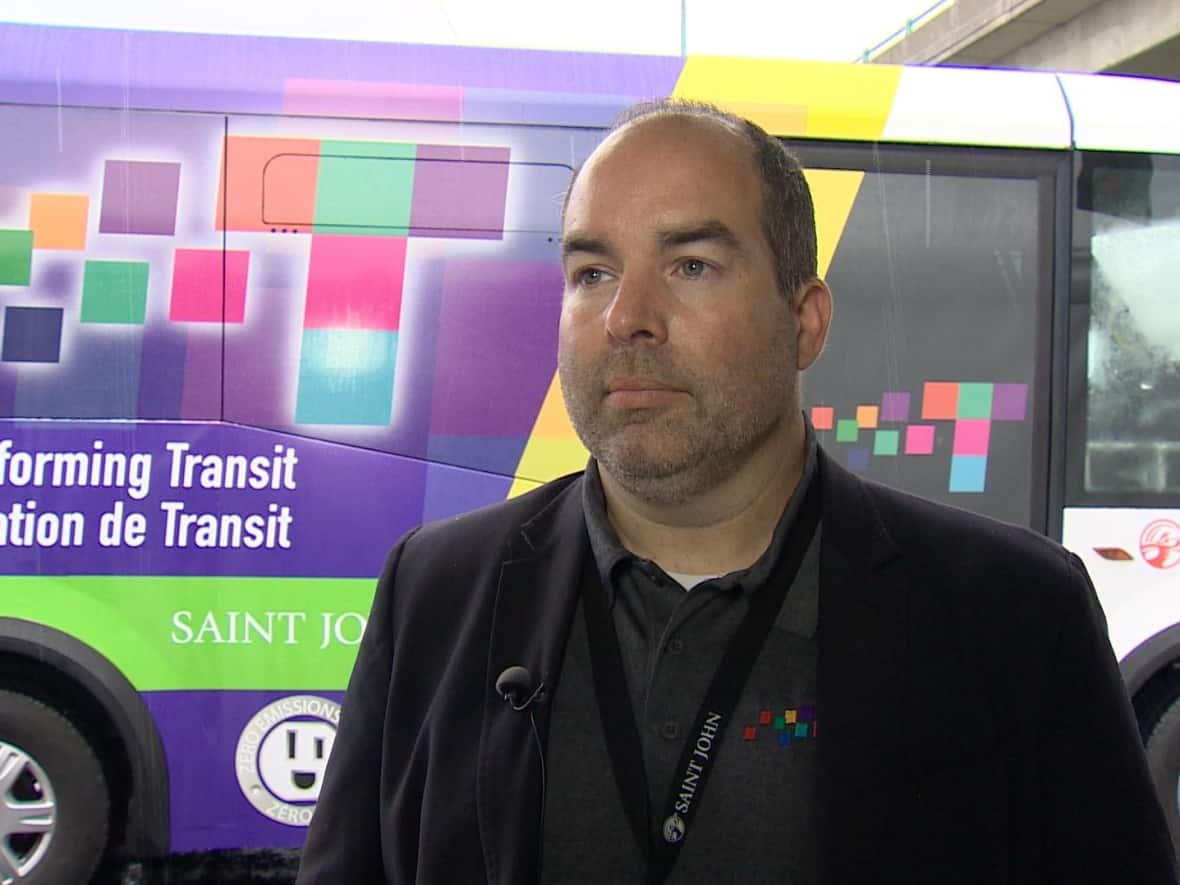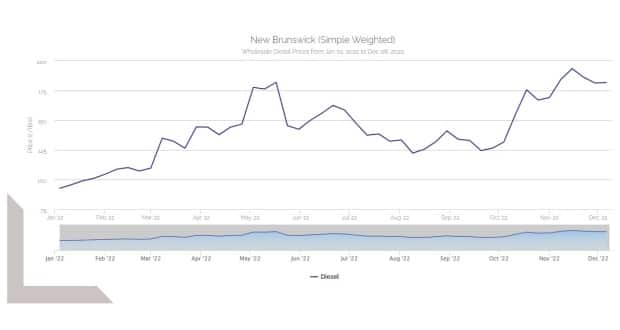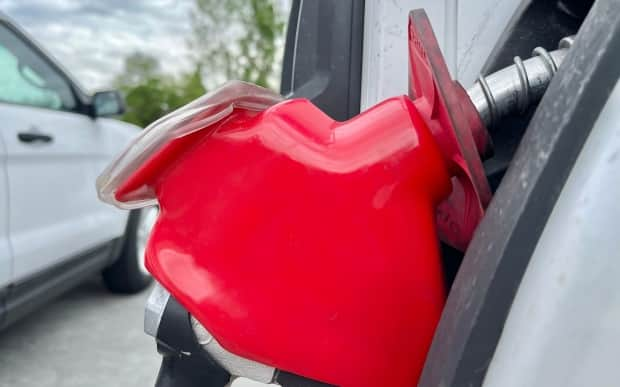Saint John Transit gambles on the price of diesel — and wins big

Soaring diesel prices have put Saint John Transit more than $350,000 over budget for fuel in 2022.
But a lucky gamble on diesel prices has paid off for the commission, cutting its shortfall in half, explained Ian Fogan, the director of transit and fleet for the City of Saint John
A year ago, Saint John Transit hedged the price of diesel for its fleet of buses, locking in at 78.25 cents per litre.
Soon after locking in, Fogan watched as the price of diesel began an upward trajectory throughout the year — never dropping below the locked-in price.

The commission has already earned back more than $166,000 and is projected to make about $180,000 by the end of the year.
While hindsight makes him wish the commission had hedged 100 per cent of its diesel, he said that's not normally done. Usually, he said, those who hedge might do so on 75 to 80 per cent of their estimated fuel needs.
In Saint John's case, the commission estimated it would use about 50,000 litres of diesel per month, and they hedged on 30,000 litres. For a number of reasons — including a later-than-expected arrival of a fleet of electric buses — they used about 60,000 litres per month. That means they ended up hedging about half of their actual usage.
Fogan said the goal of hedging is to help flatten large fluctuations in price, which makes budgeting easier for the year. It's more of an accounting tool than a money-maker, he said.

The way it works is the commission locks in for a year at a certain price for a certain amount of fuel. If the market price goes above that level, the commission gets reimbursed by the company they've signed the agreement with. Anything below it and they're simply paying higher than the market price.
The Transit Commission has been hedging on the price of fuel for the last five years, and Fogan said they've had a "positive experience" over that time, but only slightly.
This year has definitely been their best year ever — by a long shot.
In the first four months of 2022, the commission got back more than $44,000. And prices kept climbing, with diesel peaking at the end of June. May and June were really good months, bringing in $23,000 and $21,000 respectively. But the biggest cheque — for $24,000 — came in October.
New on-demand service could impact savings
Fogan said the commission is currently trying to finalize a decision about how much fuel to hedge for next year. The calculation is a bit more complicated this time around, since the commission is scheduled to begin a new on-demand service on Jan. 9. It's also expecting six new electric buses to arrive within the week that will impact the need for diesel.
But there's one thing for certain. The locked-in price will be significantly higher than last year's 78.25 cents for litre, which doesn't included added costs like taxes and the exchange rate.
Last week, the hedging company offered $1.12 and this week it was $1.06.
Moncton, which does not hedge on fuel, is also facing budget overruns for diesel.
Codiac Transpo budgeted $1,460,000 for diesel for 2022. With about three weeks remaining in the year, they're projecting to spend approximately $1,955,000, said Isabelle LeBlanc, a spokesperson for the City of Moncton.
That's nearly $500,000 over budget.
Fredericton, meanwhile, could not provide figures, according to a spokesperson.

 Yahoo Movies
Yahoo Movies 
